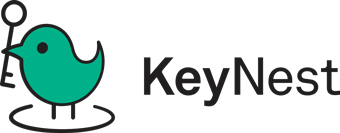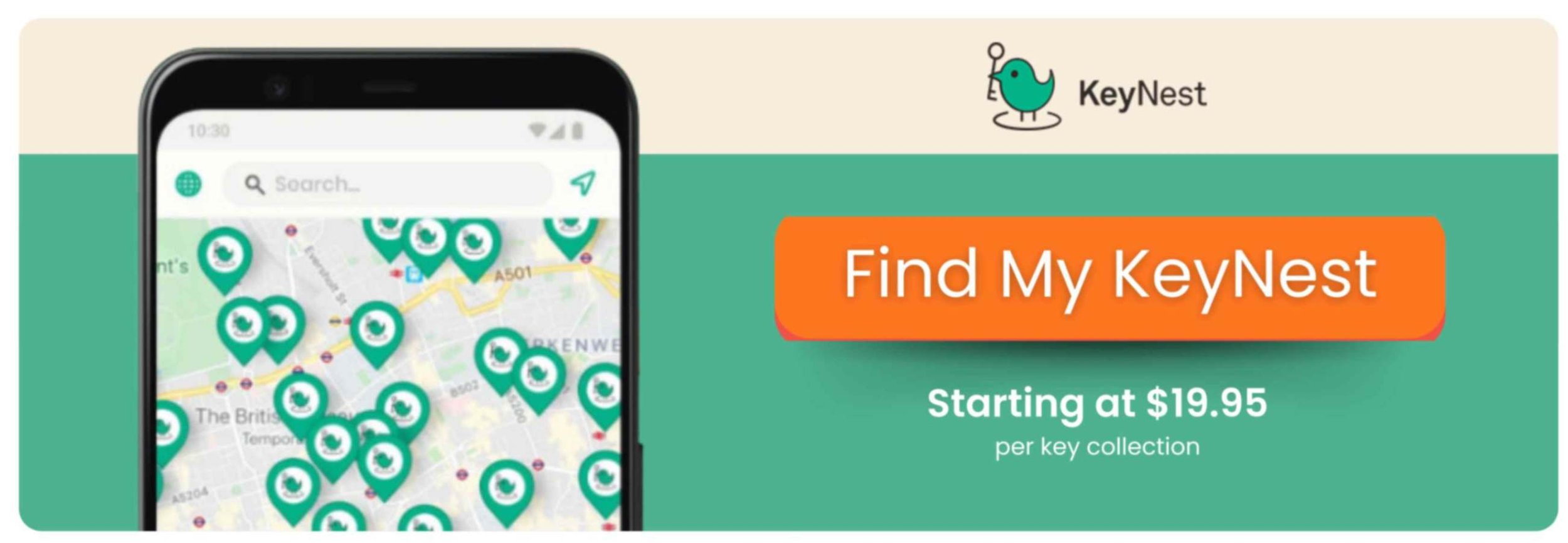Airbnb Guide: The 7.5% Short Stay Levy In Victoria, Australia
The introduction of a 7.5 percent levy on short-term rentals in Victoria, Australia, has created a buzz among property owners and hosts who rely on platforms like Airbnb and Stayz as this levy proposal aims to address housing shortages this 2025 by discouraging the use of principal place of residence properties for short-stay rent and encouraging long-term leasing instead.
While the government’s intent is to ease the housing crisis, it could significantly impact the financial viability of hosting short-stay accommodation. Property owners need to stay informed about the possible implications, understand the motivations behind the levy and explore strategies to adapt. By examining the specifics of where the levy applies and its potential impact on revenue and the renters, hosts can make informed decisions. Whether you own a single property or operate multiple short-term rentals, it's crucial to be prepared for any regulatory changes. Staying compliant and proactive will help you maintain profitability while contributing positively to the community.
In this guide, we will break down the key aspects of the introduced levy, discuss broader its potential impact and share practical tips for navigating the council changes. We will also highlight strategies for maintaining a competitive edge in the evolving short-term rental market.
1. Understanding The 7.5% Short Stay Levy
The Victorian government potential levy seeks to address housing shortages by aiming to regulate the number of properties allocated to short-term rentals. Revenue generated by short-term rental properties listed on platforms like Airbnb would be used to to support affordable housing initiatives. This section covers what the proposed tax entails and who it may affect.
Purpose of the Levy: The primary objective is to encourage property managers to convert short-term rentals into long-term rentals.
Scope of the Levy: The levy would apply to properties listed on short-term rental platforms for less than 90 days per year.
Subject to the Levy Property Types: Apartments, houses, and other residential properties used for short stay accommodation.
Revenue Collection: Funds collected at the state revenue office after the hosts pay the levy would be used to support affordable housing initiatives.
Policy Motivation: Addressing the increasing demand for long-term residential housing in urban areas.
Impact Timeline: If passed, the levy could take effect within the next 12 to 24 months.
Host Preparedness: Property managers should monitor updates and assess how the levy might affect their pricing strategy.
2. Financial Implications For Airbnb Hosts & Property Owners
Short stay booking managers must prepare for potential financial changes with the new levy. This section explores how the tax might affect your earnings and operational costs encourages property managers for better financial planning.
Revenue Reduction: Property managers may see a significant shift of decrease in their earnings due to the additional levy.
Pricing Strategies: To offset the levy, property managers might need to increase nightly rates and adjust pricing.
Market Competitiveness: Higher nightly prices could make properties less attractive to potential guests.
Operational Costs: The levy adds to existing expenses, including cleaning and maintenance.
Profit Margins: Reduced profit margins may deter some property managers from continuing short-term rentals.
Budget Reassessment: Property managers need to review their financial models and operating expenses.
Adaptation Strategies: Exploring ways to optimize occupancy rates and reduce other costs can help maintain profitability.
3. Potential Benefits Of Long-Term Rentals
With the introduced 7.5% levy on short-term rentals, long-term renting might become more appealing to the tourism property market in Victoria. Long-term tenants typically offer stability and reduce the administrative tasks associated with frequent guest turnovers.
Additionally, long-term rentals provide a consistent income without the added costs of managing short-term stays. This shift may benefit property managers seeking a more predictable and less demanding investment strategy.
Stable Income: Long-term rentals provide a consistent revenue stream.
Reduced Turnover: Less frequent tenant changes mean lower operational costs.
Simplified Management: Managing long-term rentals are generally less time-consuming.
Adherence Simplicity: Long-term rentals often involve fewer regulatory requirements.
Tenant Relationships: Building long-term relationships with tenants can lead to a more predictable and stable rental experience.
Community Support: Contributing to the local community by providing long-term housing.
Risk Mitigation: Long-term leases reduce the risk of legal and adherence issues related to short-term rental regulations.
4. Strategies To Stay Competitive In The Booking Platform
To stay competitive despite the levy, property managers can focus on providing unique guest experiences and superior amenities. Streamlining operations and targeting niche markets, such as eco-friendly or pet-friendly accommodations, can also help attract more bookings.
Maintaining competitive pricing while enhancing guest satisfaction is key to long-term success.
Enhanced Guest Experience: Focus on providing exceptional service to justify higher rates.
Flexible Pricing: Implement dynamic pricing models to maximize revenue during peak seasons.
Value-Added Services: Offer unique amenities and personalized experiences.
Marketing Efforts: Increase visibility through targeted advertising and social media.
Loyalty Programs: Encourage repeat bookings by offering discounts for returning guests.
Property Upgrades: Invest in upgrades to differentiate your property from competitors.
Partner Collaborations: Collaborate with local businesses for exclusive guest deals.
5. Navigating Compliance And Legal Requirements
Understanding and adhering to local regulations is crucial for short-term rental mangers in Victoria. Staying informed about changes, including the potential levy, helps avoid legal complications. Consulting with legal or tax professionals ensures smooth and compliant operations.
Stay Informed: Regularly check updates from local authorities regarding the levy.
Consult Legal Experts: Seek legal advice to understand the implications of the levy.
Tax Adherence: Ensure all tax obligations, including the levy, are accurately reported.
Proper Documentation: Maintain records of bookings, payments, and adherence efforts.
Insurance Coverage: Review and update insurance policies to cover potential risks.
Platform Updates: Monitor changes on rental platforms related to levy implementation.
Compliance Training: Educate yourself and your team on regulatory requirements.
6. Community Engagement And Advocacy
Engaging with the community is crucial for creating positive change. Advocacy for fair policies can help address key issues and create a more inclusive society.
Building strong relationships with community members fosters trust and understanding. Collective action can lead to meaningful improvements in policies and outcomes.
Community Dialogue: Participate in discussions with local authorities and community groups.
Stakeholder Collaboration: Work with other property managers to share insights and best practices.
Transparent Communication: Maintain open communication with neighbors to address concerns.
Feedback Channels: Create avenues for guest and community feedback.
Educational Initiatives: Educate the community on the positive contributions of short-term rentals.
Policy Advocacy: Advocate for balanced regulations that benefit both hosts and the community.
Supporting Local Economy: Highlight the role of short-term rentals in boosting local businesses.
Staying Ahead In A Changing Landscape
The 7.5% levy on short-term rentals in Victoria, Australia, underscores the need for hosts to stay informed and adaptable. While the levy aims to address housing shortages, it presents financial and operational challenges for property managers. By understanding the proposed changes and implementing strategic adjustments, hosts can maintain their competitive edge. Exploring the benefits of long-term rentals, enhancing guest experiences, and staying compliant with regulations are essential steps.
Community engagement and advocacy can also help shape fair and balanced policies. As the landscape continues to evolve, proactive and informed decision-making will be key to sustaining success in the short-term rental market. Whether you choose to adapt your pricing strategies or shift to long-term rentals, staying ahead of the curve is crucial for navigating these changes effectively.
About Us
KeyNest offers you a convenient service for storing and exchanging your property keys. You can drop off a key at any of the 7,000+ locations in our network, so there’s one such Point located next to your property.
Guests, cleaners or contractors can then collect the key securely from a KeyNest Point or KeyNest Locker which is usually open 24/7. You'll be notified each time the key is picked up or returned, and you can even customize check-in and check-out times. By leveraging technology and a global network of locations, KeyNest continues to redefine property management, offering solutions tailored to meet the evolving needs of the rental market..
KeyNest has an ever-expanding global network of locations located just minutes from your property. To find out more you can contact us.
Neil Beltran 31 January 2025



